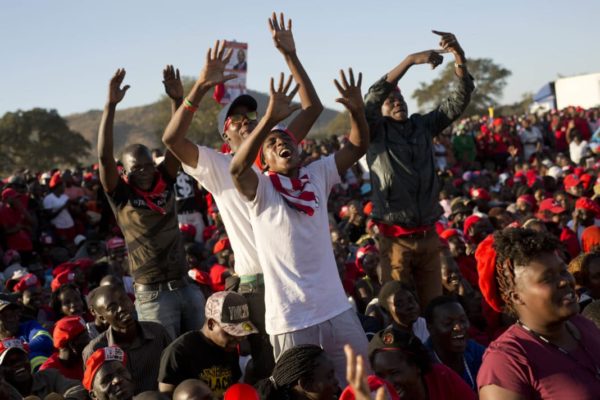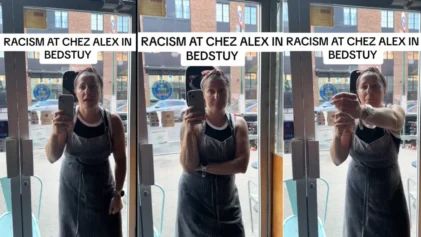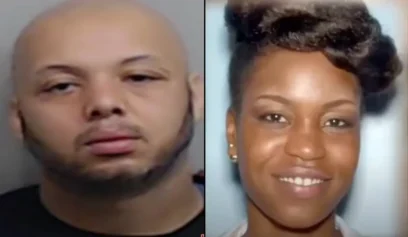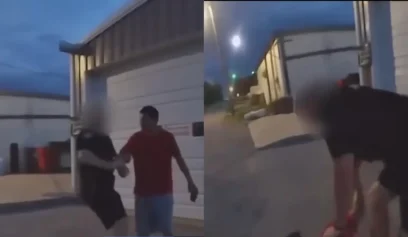
Opposition party supporters cheer opposition challenger Nelson Chamisa at a campaign rally in Bindura, Zimbabwe, Friday July 27, 2018. (AP Photo/Jerome Delay)
HARARE, Zimbabwe (AP) — Zimbabwe’s historic election on Monday is likely to be flawed and the opposition will launch peaceful protests if President Emmerson Mnangagwa wins in a disputed vote, the main opposition leader said Friday in an interview with The Associated Press.
The 40-year-old Nelson Chamisa, leader of the Movement for Democratic Change party, said the electoral commission has not adequately addressed concerns in what has been called Zimbabwe’s most important election since independence in 1980.
A credible vote could help the southern African nation to shed its longtime status as an international pariah and spur recovery for its collapsed economy, while a contentious election would prevent Zimbabwe from moving forward after years of political and economic paralysis.
Chamisa said the MDC’s coalition won’t boycott the country’s first election since the resignation of longtime leader Robert Mugabe after a military takeover in November. But he warned of demonstrations if Zimbabweans conclude that the election, now a close race between him and Mnangagwa, was rigged.
“We have not said there is going to be a civil war. I am a civilian, so war, no. But in terms of maybe civil action by citizens, yes. Let the people express themselves within the confines of peace,” Chamisa told the AP at his office in the capital, Harare.
The lawyer and pastor, who has energized the MDC party since taking over in February following the death of its founding chief Morgan Tsvangirai, has protested the electoral commission’s alleged lack of transparency in the handling of ballot papers and the voters’ roll.
The commission has said the election will be free and fair, a statement echoed by Mnangagwa, a former deputy president who took over after Mugabe and needs a credible vote to get years of international sanctions lifted. Voting under Mugabe was marred by violence and irregularities.
Urban residents and Zimbabwe’s large youth population — 60 percent of voters are under 40 — have gravitated toward Chamisa as people remain wary of the government Mugabe left behind.
“They’re always rigging and they always say they’ve won. As it stands now they already think they’ve won the elections,” said Kudakwashe Chipara, a 27-year-old vendor. “I just hope Chamisa wins, that’s all we want.”
In the event of a contested election win by Mnangagwa, Chamisa said, the MDC party won’t take any complaints to court despite election observers’ urging to do so.
Chamisa, who has an ability to move crowds with fiery speeches but little government experience, alleged that Zimbabwe’s judicial system is biased in favor of the ruling ZANU-PF party.
“We have seen that instead of getting jurisprudence, we get vengeance at a political level and even at a legal level and this is a problem,” he said. “The court we have confidence in is the court of public opinion and the court of the people.”
Despite concerns about possible vote-rigging, opposition groups are operating in a freer environment than in the past.
A record 23 presidential candidates and 128 political parties will participate in the election; Zimbabwe has more than 5 million registered voters. Western observers, banned during the Mugabe era, are invited.
“In this country you have to keep your eyes open that people do not vote several times, that the accounting is done in a proper way,” the head of the European Union’s observer mission, Elmar Brok, told reporters Friday, acknowledging the pressure on Zimbabwe to deliver a credible vote and “avoid the bankruptcy of this country.”
The opposition leader told the AP that his party’s immediate goal is to overcome any vote-tampering with a massive turnout that delivers victory on Monday.
“This is why I have urged people to come out in large numbers and overwhelm and even outflank and outgun whatever machinations may be put in place by this government,” Chamisa said.


